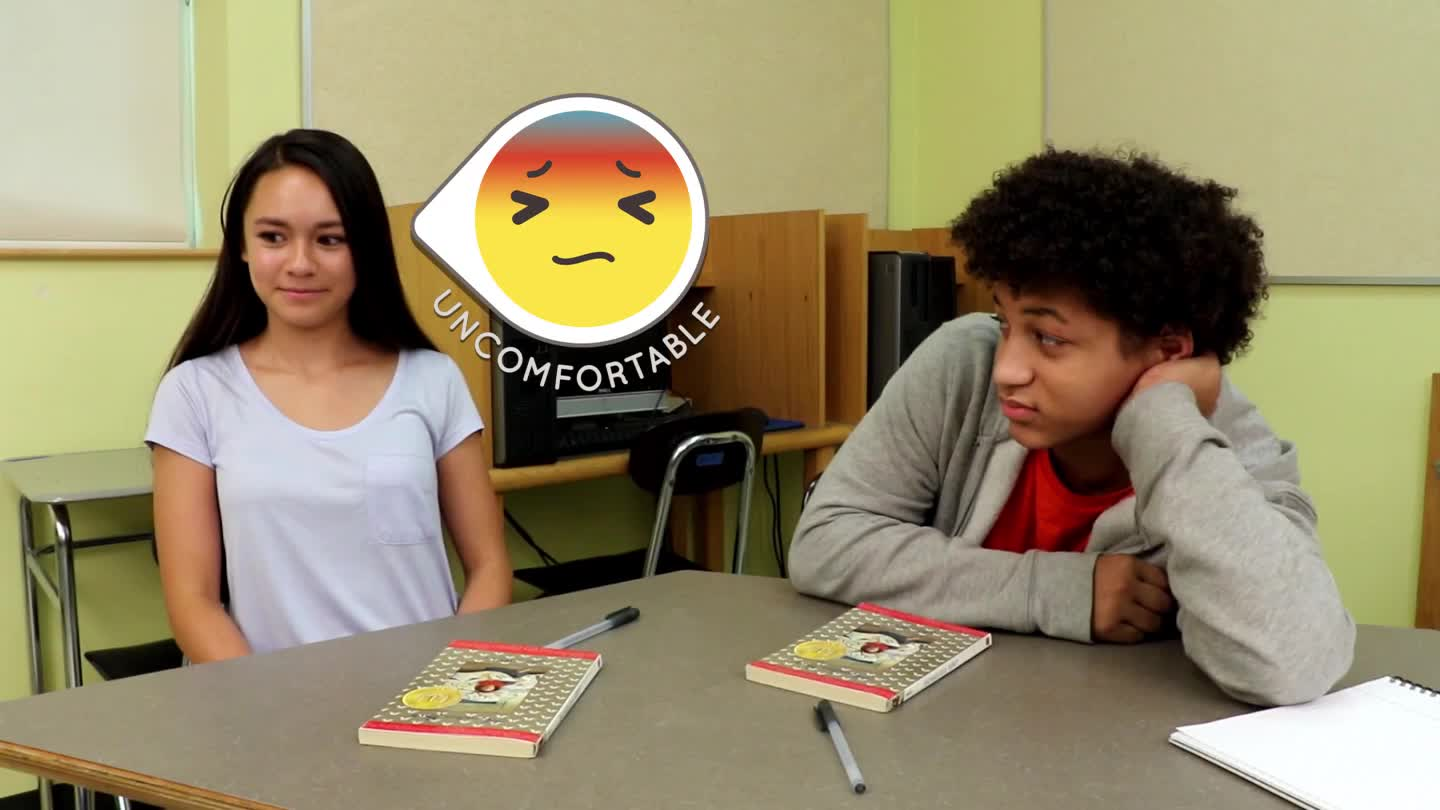
Introduction
Social-Emotional Learning (SEL) is crucial for the development of well-rounded individuals. One aspect of SEL that is particularly important for middle school students is understanding personal boundaries and the concept of oversharing. This blog post will discuss the importance of teaching students about personal boundaries, provide a no-prep activity for educators to use in the classroom, offer discussion questions to stimulate further conversation, and suggest related skills to explore. Finally, we will guide you towards resources for additional support in teaching these valuable skills.
No-Prep Activity: The Sharing Spectrum
This activity is designed to help students recognize the appropriate level of sharing based on the closeness of their relationships. No materials or preparation are required from the educator.
- Ask students to think about different types of relationships they have in their lives, such as family members, close friends, acquaintances, and strangers.
- Explain that there are varying levels of sharing personal information based on the type of relationship they have with someone.
- Invite students to create a “Sharing Spectrum” in their minds, with the most personal topics on one end and the least personal topics on the other end.
- Provide a list of topics (e.g., favorite foods, hobbies, family, money, or politics) and ask students to place them on the Sharing Spectrum based on how comfortable they would be discussing these topics with different people in their lives.
- Encourage students to reflect on their choices and consider whether they have ever experienced oversharing or felt uncomfortable when someone shared too much personal information with them.
Discussion Questions
- Why is it important to be aware of personal boundaries when sharing information with others?
- How can oversharing impact a person’s relationships with their peers or acquaintances?
- What strategies can you use to determine an appropriate level of sharing for different relationships?
- How can you respond when someone overshare with you, and you feel uncomfortable?
- What are some potential consequences of not respecting personal boundaries and oversharing?
Related Skills
Teaching students about personal boundaries and oversharing is just one aspect of Social-Emotional Learning. Other related skills that can support the development of healthy relationships and effective communication include:
- Active listening
- Empathy and understanding
- Respect for others’ feelings and opinions
- Assertiveness and self-expression
- Conflict resolution
Next Steps
Teaching middle school students about personal boundaries and oversharing is essential for their emotional and social development. To help students navigate these complex topics, consider incorporating the no-prep activity and discussion questions provided in this blog post into your classroom routine. For additional resources and support, sign up for free samples of skill-building materials and explore other engaging activities at Everyday Speech. By fostering a culture of understanding and respect in your classroom, you can help students develop the skills they need to form healthy relationships and communicate effectively throughout their lives.

